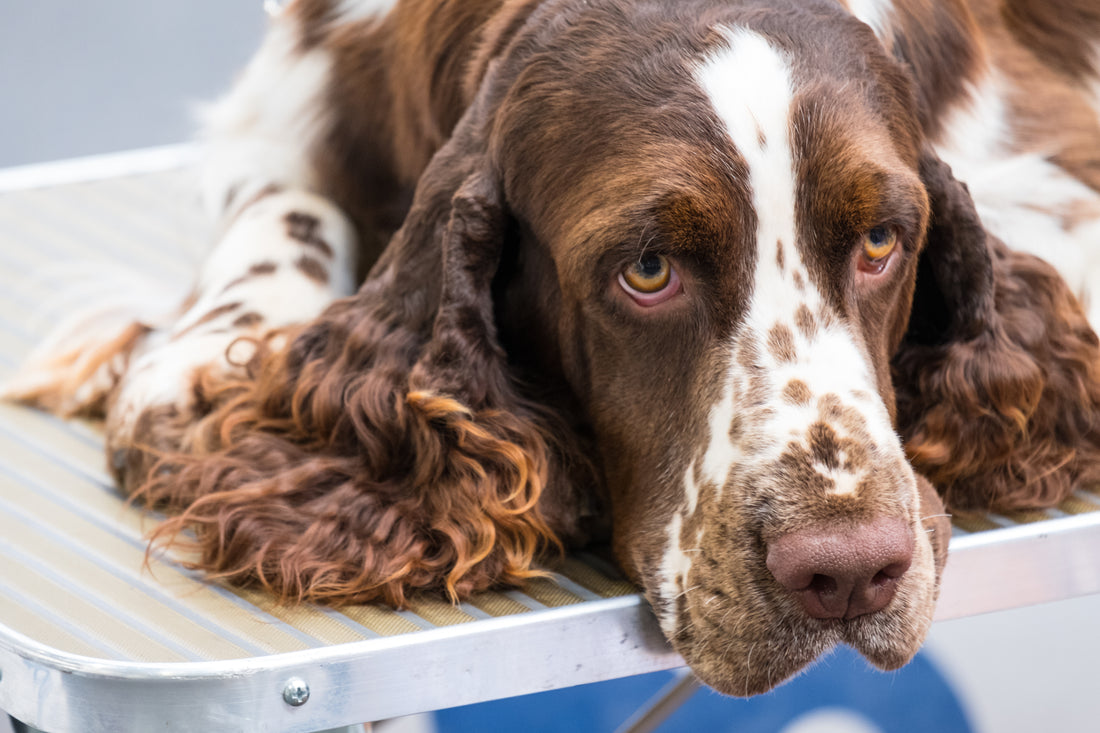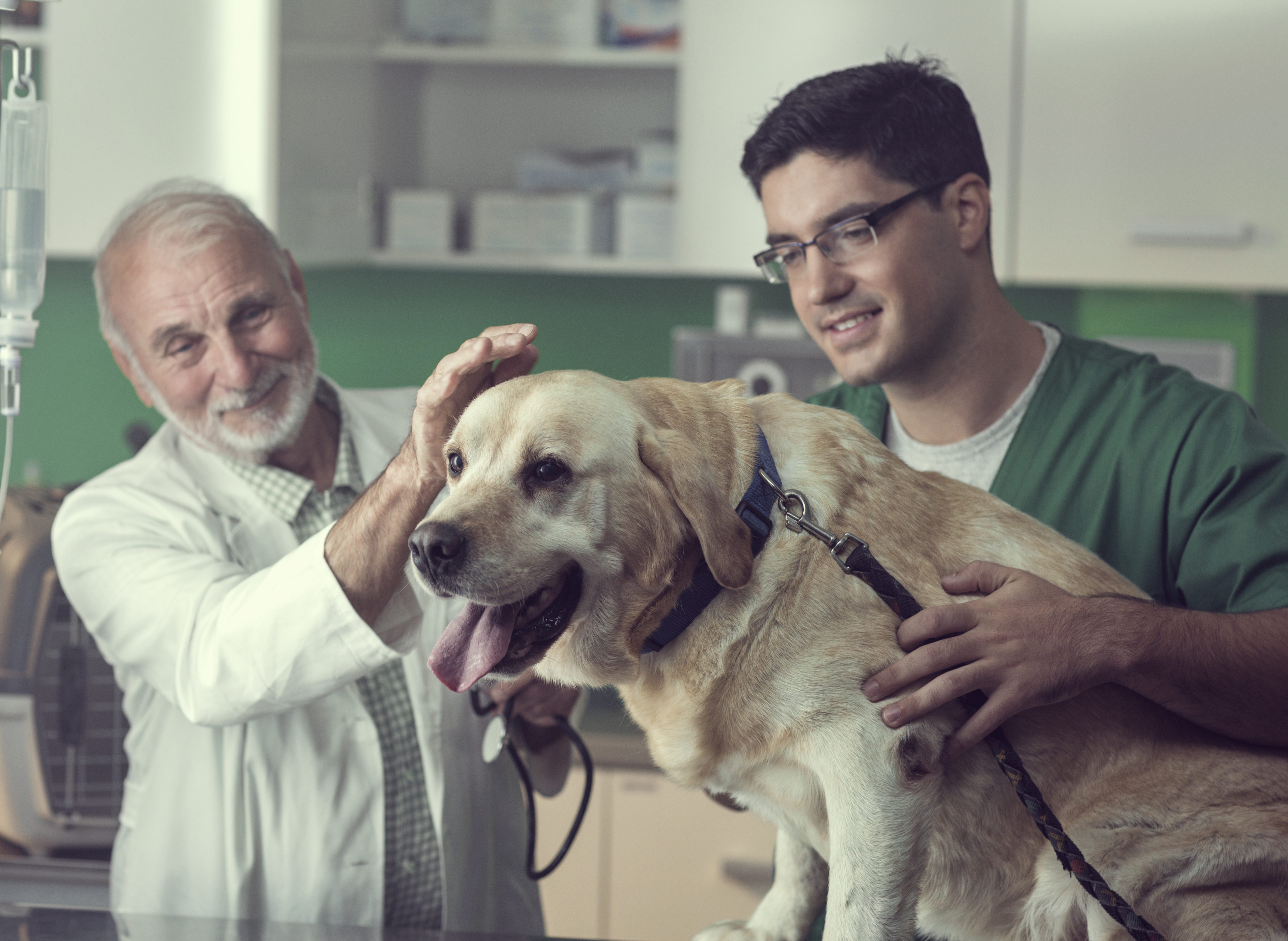
Catch Liver Disease Early to Save Your Dog's Life
All pet diseases are best caught early. Early detection ensures that your dog gets the proper treatment right away to help the body heal and overcome illness. Sometimes, treatment is able to cure the ailment; in other cases, it can at least prevent the disease from worsening.
One canine disease that it is absolutely critical to detect early on is liver disease. The liver is your dog’s second-largest organ, and it performs over 1,500 functions on a daily basis. Without the liver, your dog’s body could not stay alive and well!
Because liver disease can be so dangerous, dog owners should know the early and the late signs of the disease, as well as the potential problems associated with it, to ensure their pet lives a long and happy life.
The dangers of liver disease
The liver is sometimes an overlooked organ in pets when, really, the liver is absolutely essential to daily function! Your dog’s liver does many things. It detoxifies blood and removes wastes and toxins from the body. It processes medications and metabolizes energy sources. It aids in digestion, it regulates hormones, and it even stores and releases vital vitamins and nutrients. Without all of these things, the other important parts of a dog’s body would begin to shut down!
Liver disease is when the liver becomes damaged, either acutely through toxic poisoning or chronically over time through exposure to toxins and free radicals. This damage can cause the liver to work ineffectively or stop operating altogether. The liver is able to repair itself when damage occurs, but too much damage may become irreversible over time.
Liver disease is more common in older dogs and can come about merely because of age. It may also be caused by fatty liver, excess medications, environmental toxins and other diseases like diabetes and infections.
When liver damage becomes so severe that the liver cannot repair itself, there is very little dog owners to do to help their furry friends. End-stage liver disease, or liver failure, is the worst possible outcome. Fortunately, this can be prevented through preventative measures and the early identification of symptoms.
Early detection is critical: What to look for
Early identification of liver disease in dogs can provide the best opportunity to help your pet repair their liver or stall the progression of the disease. Catching signs early can give your dog the best chance at a long, healthy life.

There are many early signs of liver disease in dogs. The unfortunate thing about these signs is that they are common in a wide range of illnesses. This is why reporting signs of illness—no matter how minor—to the vet is extremely important. This also speaks to the importance of yearly vet visits for pets. Your vet can pick up on minor signs of illness much more easily and investigate their causes if they suspect something is wrong.
Early signs of canine liver disease may include:
- Fatigue
- Eye discharge
- Sinus problems
- Dark-colored urine
- Gastrointestinal distress
- Loss of appetite
- Brittle nails
As liver disease progresses and the liver becomes more and more damaged, more signs of the disease are likely to appear in your pup. One of the most common is jaundice, or the yellowing of the eyes, skin and gums.
Other symptoms may include:
- Vomiting
- Lethargy
- Weakness
- Seizures
- Disorientation
- Weight loss
- Blood in the urine or feces
- Increased thirst
- Increased urination
- Poor coat quality
- Changes in behavior, like aggression or depression
Possible treatments for liver disease in dogs
The possible treatments available for liver disease will ultimately depend on the extent of the liver damage, or how early the disease was caught, and the underlying cause of the damage itself.
In the early stages of liver disease, dietary changes may be useful in ensuring your pet gets all the nutrients they need while avoiding excess fats. Additionally, if your dog is on a lot of medications to treat other health ailments, providing them with milk thistle supplements can help support the liver and make it easier for the body to remove toxins and waste. Using natural alternatives to medication in any situation possible may also help reduce the toxin load put on the liver. These forms of treatment can provide the liver time to heal while minimizing future damage.
Other medications may be necessary in the later stages of liver disease to ensure the liver functions properly.
In general, early treatment provides your pet with the best prognosis. With close monitoring and supplements, medications or other treatments, your pet can go on to live many more years with their condition.


